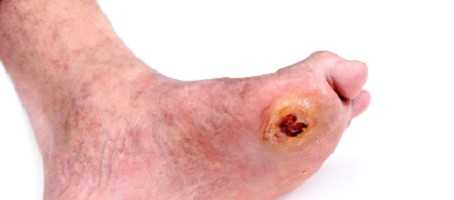An inquest has heard how failings in care at Queens Hospital in Romford led to the death of a patient with diabetes.
The patient, Ian Shaffer, who was 61 years old, had been admitted to hospital in February 2012 suffering with an infected foot but died from heart failure several days later having not been seen by a senior doctor during his hospital stay.
NICE guidelines state that patients with diabetes and foot problems should be seen by a specialist foot team within 24 hours of admission into hospital. The NICE guidelines also state that patients with diabetes in hospital should be assessed in order to reduce the risk of cardiovascular problems, including heart failure, occurring.
The hospital’s failure to assess Mr Shaffer, or recognise the higher risks he faced of heart problems, ultimately contributed to his death. Mr Shaffer was also suffering from kidney disease which should also have been assessed within the first day of his arrival into hospital.
The coroner noted the death as being caused by acute heart failure due to coronary artery atheroma, contributed to by diabetes, infection and renal failure.
Barking, Havering and Redbridge University Hospitals NHS Trust, which oversees care at Queens Hospital in Romford, was found to be responsible for multiple failings in care by the Care Quality Commission in 2013.
Mr Shaffer’s death could have been avoided and the failings in care, in this case, highlight the importance that patients with diabetes and foot complications are seen by a specialist team within the first 24 hours of their stay.
What's new on the forum? ⭐️
Get our free newsletters
Stay up to date with the latest news, research and breakthroughs.





